Loading. Please wait.

Loading. Please wait.
1.4 million Australians are at high risk of having a heart attack. Heart attack is the leading cause of death in people 45-64 and over 75
Blacktown and its surrounding suburbs have the highest level of heart disease and the highest level of heart attacks in NSW.
Many heart attacks can be prevented by having a Heart Health Check and then adopting healthy behaviours, like eating a heart-healthy diet, being active, moderating alcohol consumption, and being smoke-free.
Having a Heart Health Check every year takes 20 minutes and is an important first step to protecting your heart.
A Heart Health Check is a 20-minute check-up each year to assess your risk of having a heart attack or stroke in the next five years. A Heart Health Check is free for all qualifying holders of a valid Medicare card.
If you are 30 or over and do not already have heart disease, you are eligible for an annual Heart Health Check. A Heart Health Check is free for all qualifying holders of a valid Medicare card.
Please book with any doctor to get a KRMC Heart Health Check. Alternatively, visit us at 36 Kildare Road Blacktown 2148, call us on (02) 8822 3000, or speak to your regular GP at KRMC to organise your Heart Health Check.

A heart-healthy diet includes:
It’s important to maintain a healthy body weight. This can help lower your blood pressure and cholesterol and lower your risk of having a heart problem.
The Heart Foundation recommends you aim for a waist measurement of less than 80cm for females, or 94cm for males.
If you need to lose weight, speak with us about how to do it healthily.
Start with small, realistic goals and work your way up to the recommended 30-60 minutes of moderate-intensity physical activity (such as brisk walking) on most days of the week.
If you are a smoker, the best thing you can do for your heart is quit smoking. For support on quitting smoking, talk with our team or call the Quitline (137848 or quit.org.au).
Drink no more than 10 standard drinks per week and no more than 4 standard drinks on any one day
Low Risk
If your level of risk is under 10% you have a less than 1 in 10 chance of having a heart attack or stroke in the next five years if left unmanaged.
Medium Risk
If your level of risk is between 10-15% you have at least a 1 in 10 chance of having a heart attack or stroke in the next five years if left unmanaged.
High Risk
If your level of risk is over 15% you have at least a 1 in 7 chance of having a heart attack or stroke in the next five years if left unmanaged.